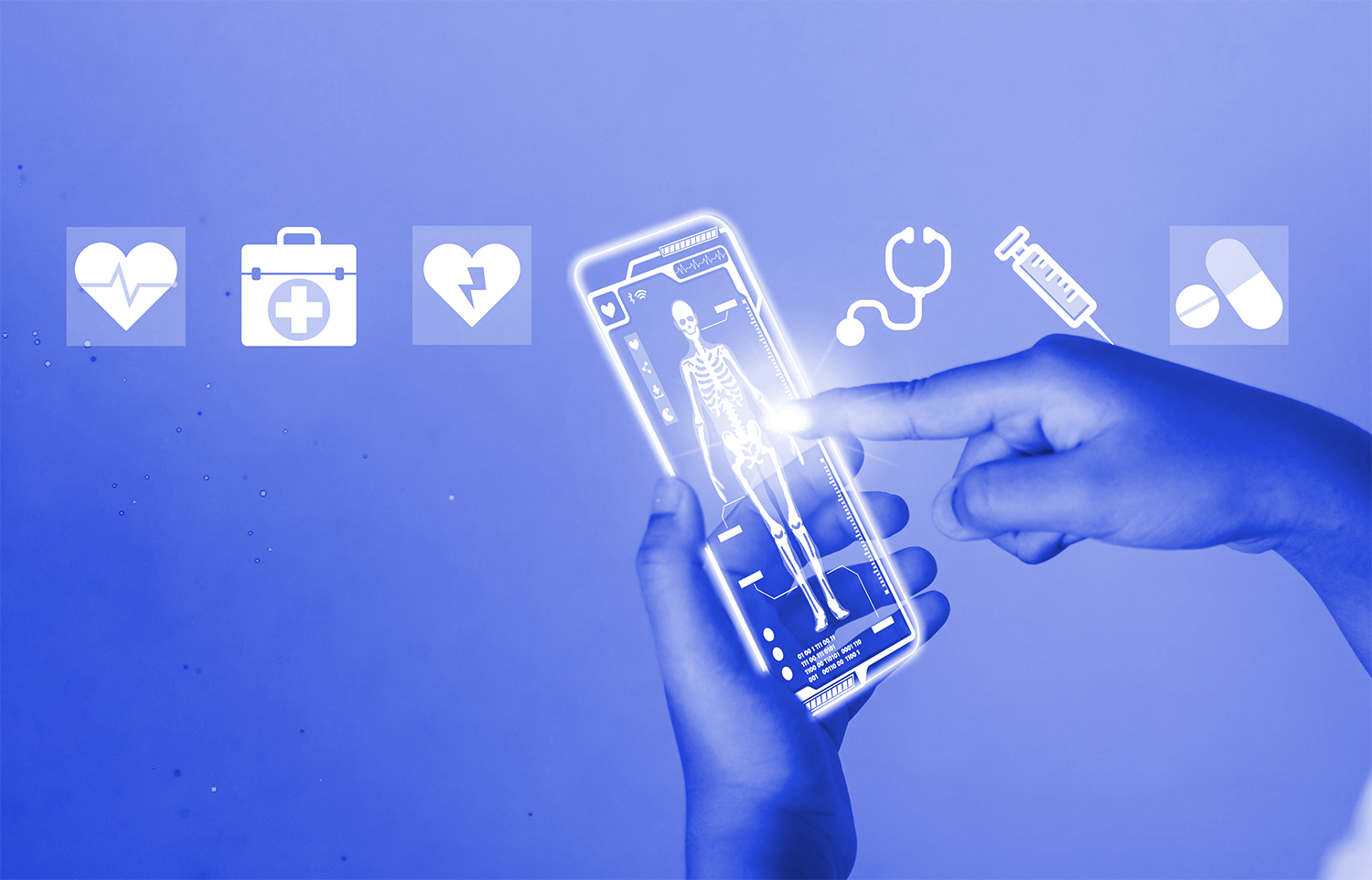The intersection of finance and technology, colloquially known as Fintech, is revolutionising industries across the globe. Recently, this disruptive influence has made its way into the healthcare sector, heralding a new era of efficiency, accessibility, and innovation. This article will delve into the burgeoning relationship between Fintech and the healthcare industry, and explore how this synergy is transforming patient care, medical financing, and the entire ecosystem.
Introduction to Fintech in Health Care
Fintech refers to the innovative application of technology within financial services. In healthcare, this translates to the use of cutting-edge technologies to manage financial operations, insurance processing, payment systems, and more. Here’s how Fintech is playing an increasingly central role in the healthcare industry.
Streamlining Payments
Traditional payment methods in health care have often been cumbersome and time-consuming. Fintech has simplified these processes by introducing seamless, digital payment solutions, including online billing and mobile payment options.
Improving Financial Management
Healthcare providers can utilise Fintech tools to analyse financial data, manage funds, and optimise resource allocation. This empowers hospitals and clinics to deliver more cost-effective services.
The Impact of Fintech on Health Insurance
Personalised Insurance Plans
By leveraging big data analytics and machine learning, Fintech allows insurance companies to create more personalised, affordable insurance plans. These can be tailored to individual health needs and financial situations.
Automated Claim Processing
Automation in claim processing has reduced manual errors and increased the speed of settlements. By employing AI-driven algorithms, insurance companies can assess and process claims more efficiently, enhancing customer satisfaction.
Empowering Patients through Fintech
Health Savings Accounts and Payment Plans
Patients now have access to Health Savings Accounts (HSAs), Flexible Spending Accounts (FSAs), and customised payment plans, facilitated by Fintech platforms. These tools provide more control over healthcare expenses and greater financial flexibility.
Telemedicine and Digital Health Platforms
Telemedicine platforms, supported by Fintech’s payment technologies, enable patients to consult with healthcare providers remotely, making healthcare more accessible and affordable.
Regulatory Considerations
The integration of Fintech in health care is not without challenges. Regulatory compliance, data privacy, and cybersecurity are concerns that need to be addressed. Governments and regulatory bodies must collaborate to create a framework that promotes innovation while ensuring patient safety and ethical practices.
Fintech’s Role in Health Care Innovation and Research
The influence of Fintech in the healthcare industry isn’t limited to payment systems or insurance. It has also spurred innovation and research, unlocking opportunities for the advancement of medicine and healthcare delivery.
Investment in Medical Research
Fintech’s approach to investment and fundraising has opened up new avenues for funding medical research. Crowdfunding platforms and online investment vehicles have democratised investment opportunities, enabling more people to contribute to potentially groundbreaking medical research.
Data-Driven Research and Development
Through big data analytics and machine learning algorithms, Fintech provides researchers with insights that can drive more targeted and efficient research. This facilitates the development of personalised treatments and contributes to evidence-based medicine.
The Future of Health Care with Fintech: Predictions and Trends
Blockchain Technology in Health Care
Blockchain, the technology underpinning cryptocurrencies, has potential applications in ensuring transparency, security, and integrity of medical records. This could revolutionise the way patient data is shared among providers and payers.
Wearable Technology and IoT
Wearable devices and the Internet of Things (IoT) will continue to influence how health data is collected and used. Fintech’s ability to process and leverage this information can lead to more timely and preventative care, linking personal health monitoring to health care providers and insurance plans.
Robotic Process Automation (RPA) in Administrative Tasks
RPA, driven by AI, can further streamline administrative tasks, reducing costs and allowing healthcare professionals to focus more on patient care.
Global Accessibility
Fintech’s democratising nature could make quality healthcare accessible to underserved and remote populations. Through telemedicine and accessible financial products, the boundaries of traditional health care may be stretched globally.
Challenges and Ethical Considerations
While the integration of Fintech in health care offers significant benefits, it also poses challenges and ethical considerations. Protecting patient data in a digitally connected ecosystem is paramount. Rigorous cybersecurity measures must be implemented to protect sensitive health information.
Accessibility and Digital Divide
The benefits of Fintech must be distributed equitably. The digital divide could create disparities in access to these innovations. Efforts must be made to ensure inclusivity and access to technology across diverse populations.
Final Thoughts
The convergence of Fintech and health care is transforming the landscape of medical practice and patient care. The new role of Fintech is multifaceted, ranging from simplifying payments to fostering research and shaping the future of global health. While the road ahead is filled with opportunities, there are challenges and ethical considerations that must not be overlooked. The continuous collaboration between financial experts, healthcare providers, regulators, and technology developers will be essential in navigating this exciting frontier.
The synergy between Fintech and healthcare is more than a fleeting trend; it’s a fundamental shift that holds the promise of a more efficient, accessible, and innovative healthcare industry. As technology continues to advance, so too will the possibilities for how we approach health and wellness in the modern world.



